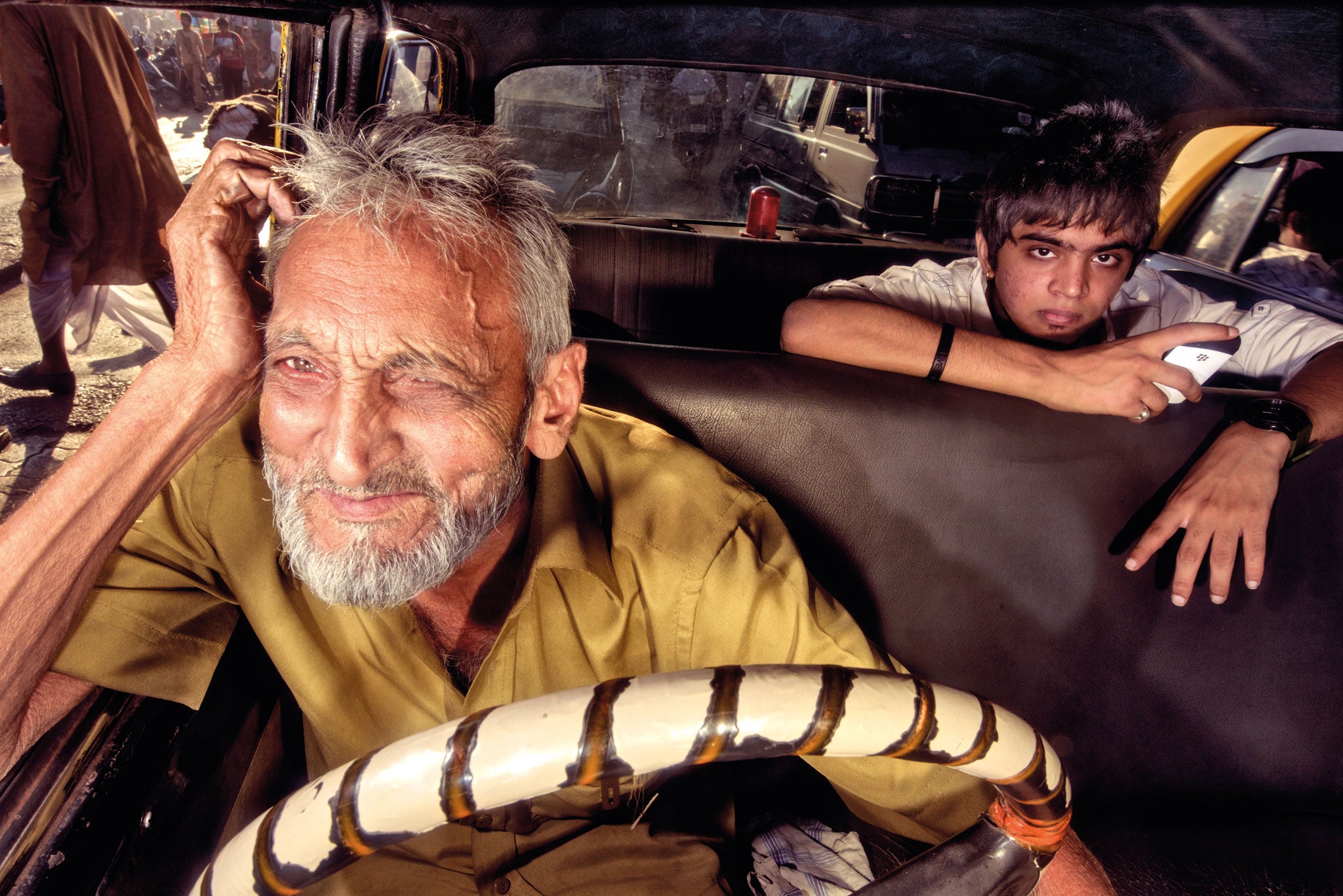Photographer Dougie Wallace pays tribute to Mumbai's Premier Padminis
The cherished Padmini was forced from the city for ever last year, following the introduction of legislation to reduce air pollution in the city

Your support helps us to tell the story
From reproductive rights to climate change to Big Tech, The Independent is on the ground when the story is developing. Whether it's investigating the financials of Elon Musk's pro-Trump PAC or producing our latest documentary, 'The A Word', which shines a light on the American women fighting for reproductive rights, we know how important it is to parse out the facts from the messaging.
At such a critical moment in US history, we need reporters on the ground. Your donation allows us to keep sending journalists to speak to both sides of the story.
The Independent is trusted by Americans across the entire political spectrum. And unlike many other quality news outlets, we choose not to lock Americans out of our reporting and analysis with paywalls. We believe quality journalism should be available to everyone, paid for by those who can afford it.
Your support makes all the difference.Introduced in the 1960s, as many as 60,000 black-and-yellow Premier Padminis used to buzz around Mumbai's streets in their heyday, ferrying passengers from A to B.
But at the end of last year, the cherished Padmini was forced from the city for ever, following the introduction of legislation to reduce air pollution in the city – but not before the photographer Dougie Wallace was able to create his own tribute to them.
The 39-year-old Glaswegian made 17 trips to the city over four years to photograph the cars and their inhabitants. "For me, they were objects of amazement," he says, "personalised by their driver in ways that showed both pride and a deep relationship."
Using three large flash bulbs, Wallace captured many of the images by shooting through cab windows. In doing so, he caught split-seconds of insight into the world of the Padmini cab driver – many of whom would spend up to 24 hours a day in their vehicles, sleeping, eating, using them as a hub for social activity.
Now, the self-employed taxi driver is a dying breed – their chunky vehicles replaced by newer models used by state-favoured fleet-taxi companies monopolising the city.
"When I began shooting, I didn't realise that the cabs were destined to be phased out," says Wallace. "As I learnt more about their history and their future, I began to see them as symbolic of Mumbai – a city in flux, rapidly changing, ever ready to throw out the old and embrace the new."
'Road Wallah' is published by Dewi Lewis, priced £35 (dewilewis.com)
Join our commenting forum
Join thought-provoking conversations, follow other Independent readers and see their replies
Comments